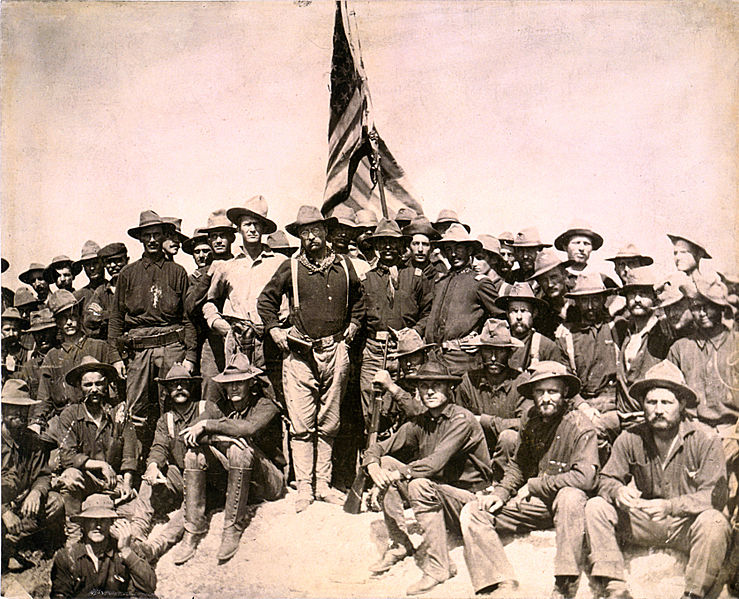
I recently posted something about the South Korean insta-city, Songdo, billed as the world’s first “smart city,” which will be embedded with technology that will constantly collect and respond to streams of data. In “The Machine and the Ghost” in the New Republic. Christine Rosen begins her excellent consideration of the rise of the machines with a description of Songdo:
“JUST WEST OF SEOUL, on a man-made island in the Yellow Sea, a city is rising. Slated for completion by 2015, Songdo has been meticulously planned by engineers and architects and lavishly financed by money from the American real estate company Gale International and the investment bank Morgan Stanley. According to the head of Cisco Systems, which has partnered with Gale International to supply the telecommunications infrastructure, Songdo will ‘run on information.’ It will be the world’s first ‘smart city.’
The city of Songdo claims intelligence not from its inhabitants, but from the millions of wireless sensors and microcomputers embedded in surfaces and objects throughout the metropolis. ‘Smart’ appliances installed in every home send a constant stream of data to the city’s ‘smart grid’ that monitors energy use. Radio frequency ID tags on every car send signals to sensors in the road that measure traffic flow; cameras on every street scrutinize people’s movements so the city’s street lights can be adjusted to suit pedestrian traffic flow. Information flows to the city’s ‘control hub’ that assesses everything from the weather (to prepare for peak energy use) to the precise number of people congregating on a particular corner.
Songdo will also feature ‘TelePresence,’ the Cisco-designed system that will place video screens in every home, office, and on city streets so residents can make video calls to anyone at any time. ‘If you want to talk to your neighbors or book a table at a restaurant you can do it via TelePresence,’ Cisco chief globalization officer Wim Elfrink told Fast Company magazine. Gale International plans to replicate Songdo across the world; another consortium of technology companies is already at work on a similar metropolis, PlanIT Valley, in Portugal.
The unstated but evident goal of these new urban planners is to run the complicated infrastructure of a city with as little human intervention as possible. In the twenty-first century, in cities such as Songdo, machine politics will have a literal meaning—our interactions with the people and objects around us will be turned into data that computers in a control hub, not flesh-and-blood politicians, will analyze.
But buried in Songdo’s millions of sensors is more than the promise of monitoring energy use or traffic flow. The city’s ‘Ambient Intelligence,’ as it is called, is the latest iteration of a ubiquitous computing revolution many years in the making, one that hopes to include the human body among its regulated machines.”























